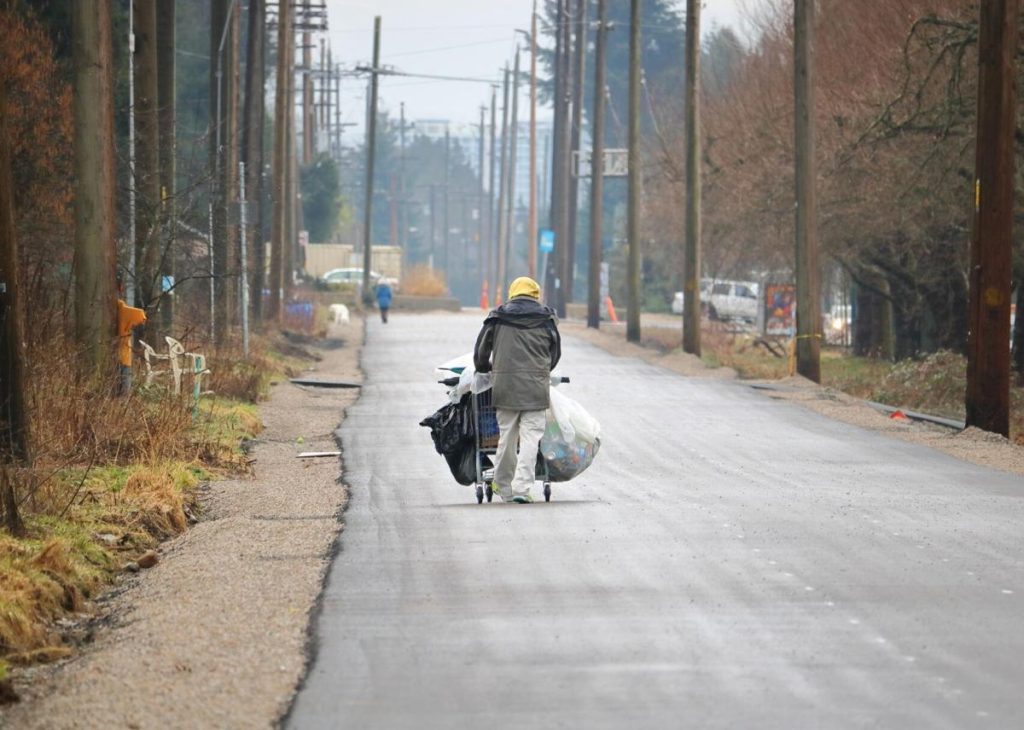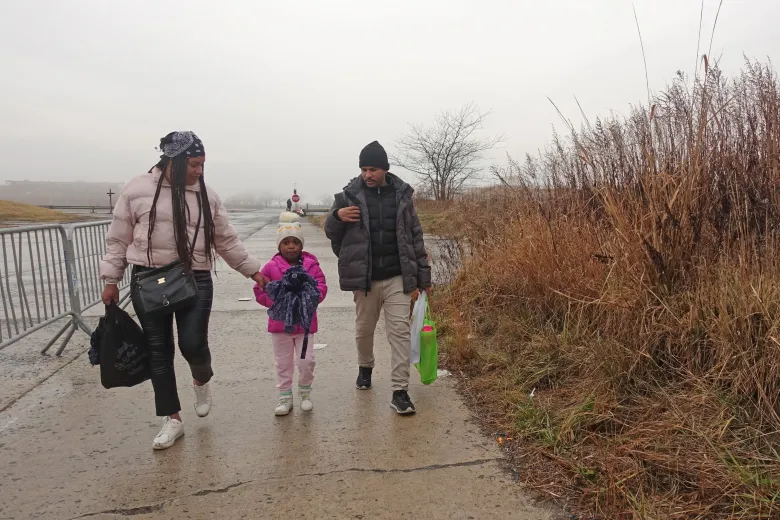Over 50% of Migrant Families Swiftly Find New Homes After NYC’s 60-Day Eviction Notices!
In November 2023, about half of the migrant families in New York City, who received 60-day eviction notices, swiftly responded by moving out of shelters, as per data from the mayor’s office. This proactive approach was notably observed in cases such as Beatriz, a Venezuelan mother working in an Irish pub in Hell’s Kitchen.
With the support of savings and contributions from her boyfriend and relatives, Beatriz secured a three-bedroom apartment in Crown Heights, successfully transitioning within the 60-day timeframe.
However, the experiences of families varied, particularly for those who entered the shelter system more recently, like those at the tent facility at Floyd Bennett Field or the recently opened family shelter in Brooklyn’s Clinton Hill. These families, with less time to acclimate to the new country, faced additional challenges under the stringent 60-day policy.
Data analysis by New York City Comptroller Brad Lander revealed that, by late February, approximately 7,500 parents and children reached their 60-day limit, with half successfully moving out. Further examination of the data showed that 29% reapplied for shelter, and 16% remained in their original placement.
The Eric Adams administration defended the policy, citing cost reduction and a preventive measure against the growth of shelter numbers, which have slightly decreased in recent weeks.
Despite these intentions, critics, including Comptroller Brad Lander, characterized the 60-day policy as one of the cruelest emerging from City Hall. Concerns about the lack of detailed information on families post-eviction raised questions about potential overcrowded living conditions, homelessness, and disruptions to children’s education.

The impact on education is evident, as students forced to move experience both logistical and emotional challenges. Instances of sudden departures leave educators confused, with efforts to locate and support displaced students. The unintended consequence of families “going dark” aligns with concerns that this may be an intentional effect of the policy.
City officials emphasize prioritizing education, with 90% of children evicted in January reportedly remaining in the same school. However, challenges persist, as new students influx into schools only to be transferred to shelters in different parts of the city, disrupting their academic stability.
While homeless students are entitled to transportation, delays in processing MetroCards and logistical hurdles leave some families resorting to fare evasion. A lack of income to pay for transportation adds to the complexity, leading to fines for those caught evading fares.
Among the 16% of families who stayed in shelters, experiences vary. Families at the remote tent shelter at Floyd Bennett Field, while facing challenges, express relief at avoiding disruptions caused by the eviction policy. The complex living conditions, including walks in the cold and communal facilities, present both blessings and curses.
Geraldine, a mother of three from Venezuela, shares the emotional toll of facing eviction and the subsequent relief when granted an extension. The challenges of tent living and disruptions during severe weather highlight the struggles faced by families navigating the shelter system.
Related News:
- Browns Head Coach Stefanski Drops Bombshell: Bad News for Joe Flacco Fans!
- Kansas Lawmakers Target LGBTQ+ Youth with Anti-Trans Bills
- Subway Conductor Slashed in NYC Station, Suspect on the Run
For families like Beatriz, securing a new home brings a mix of relief and anxiety. The joy of having privacy and stability is tinged with the fear of financial instability, reflecting the broader concerns of many New Yorkers living paycheck to paycheck.

